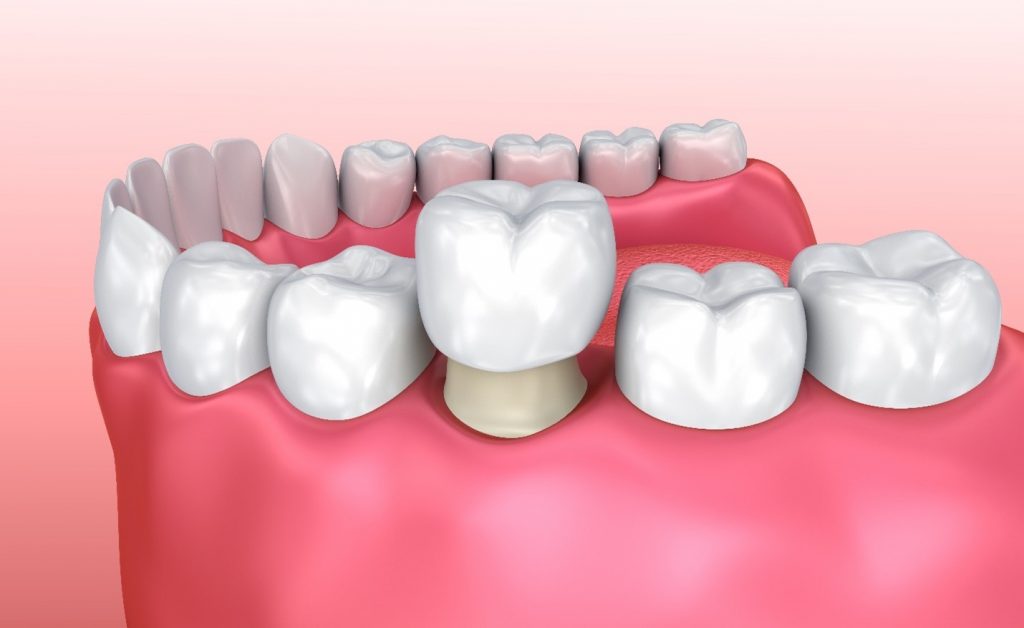How Dentists Prepare Teeth for Dental Crowns
August 10, 2023

You don’t have to be royalty to wear a crown; they are also quite essential for preserving your smile’s well-being. These tooth-shaped restorations are intended to conceal misshapen or severely damaged teeth, typically made from materials such as porcelain, metal, or ceramics. The procedure usually spans two appointments, spaced approximately two weeks apart, each lasting a couple of hours. If you have an upcoming dental crown appointment, here’s a preview of what to anticipate during the process.
Tooth Preparation
The initial phase commences with a comprehensive dental assessment. The dental expert will assess both the designated tooth for the crown and its surrounding area. This evaluation may entail the use of X-rays to gain a detailed perspective of the tooth’s root and the adjacent bone structure.
Following this, the dentist will administer a local anesthetic to the gum tissue. Some practitioners also offer conscious sedation, enabling the patient to remain awake but in a relaxed and drowsy state during the procedure.
Moving forward, the next phase involves preparing the tooth. To guarantee a pain-free experience, the dentist will utilize anesthesia. They will initiate the process by carefully eliminating any decayed or damaged segments from the tooth, which may have created cavities potentially housing harmful bacteria.
To prevent infection, the dentist will fill these spaces with gutta-percha, a completely safe dental material. Subsequently, they will painstakingly refine the tooth’s surface to eliminate any sharp edges. In this stage, a temporary crown is fitted to protect the tooth while the permanent one is custom-made, which usually takes about two weeks.
The Crown Goes On
In the following appointment, the permanent crown is securely affixed using specialized cement chosen based on the crown’s material and location. The dentist ensures a precise fit by applying this cement evenly and meticulously removing any excess.
After the procedure, you might encounter some discomfort, usually manageable with over-the-counter pain relievers. If this discomfort persists beyond two weeks, it’s recommended to notify your dentist. Individuals with dental crowns should avoid hard or sticky foods that could potentially harm the tooth or dislodge the newly placed restoration.
Dental procedures can induce anxiety in many individuals. Nevertheless, comprehending the dental crown process can alleviate concerns, making you more comfortable during your appointment, ultimately reducing stress-related issues and ensuring a successful procedure!
About the Practice
Bear Creek Family Dentistry is the go-to choice for exceptional oral healthcare in the DFW area. Their comprehensive services encompass preventive, cosmetic, emergency, and restorative dentistry, including dental crown procedures that elevate smiles. Whether you want to learn more about the dental crown process or schedule an appointment with their skilled team, you can visit their website for more detailed information along with office contact numbers.
No Comments
No comments yet.
RSS feed for comments on this post.
Sorry, the comment form is closed at this time.
